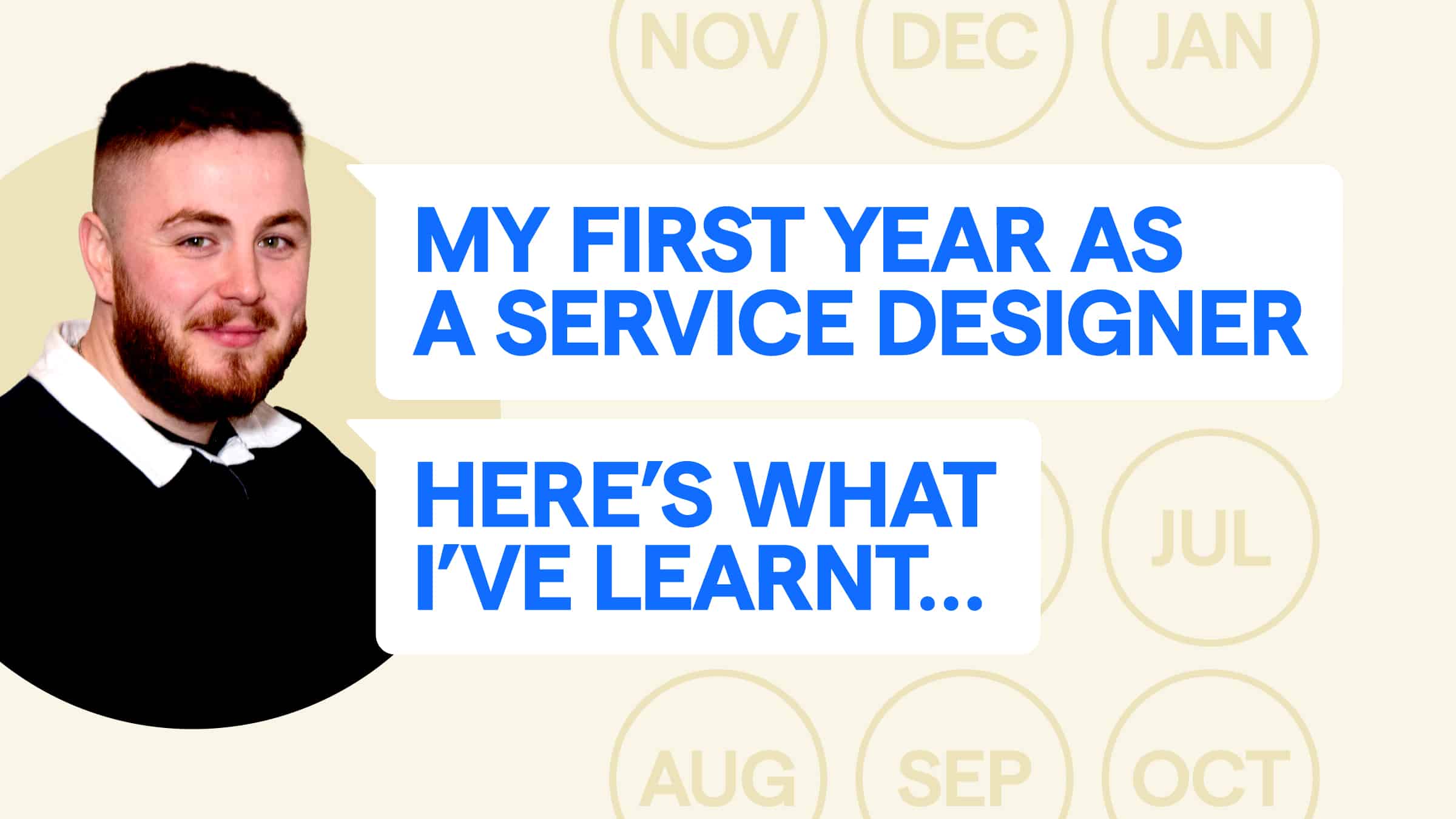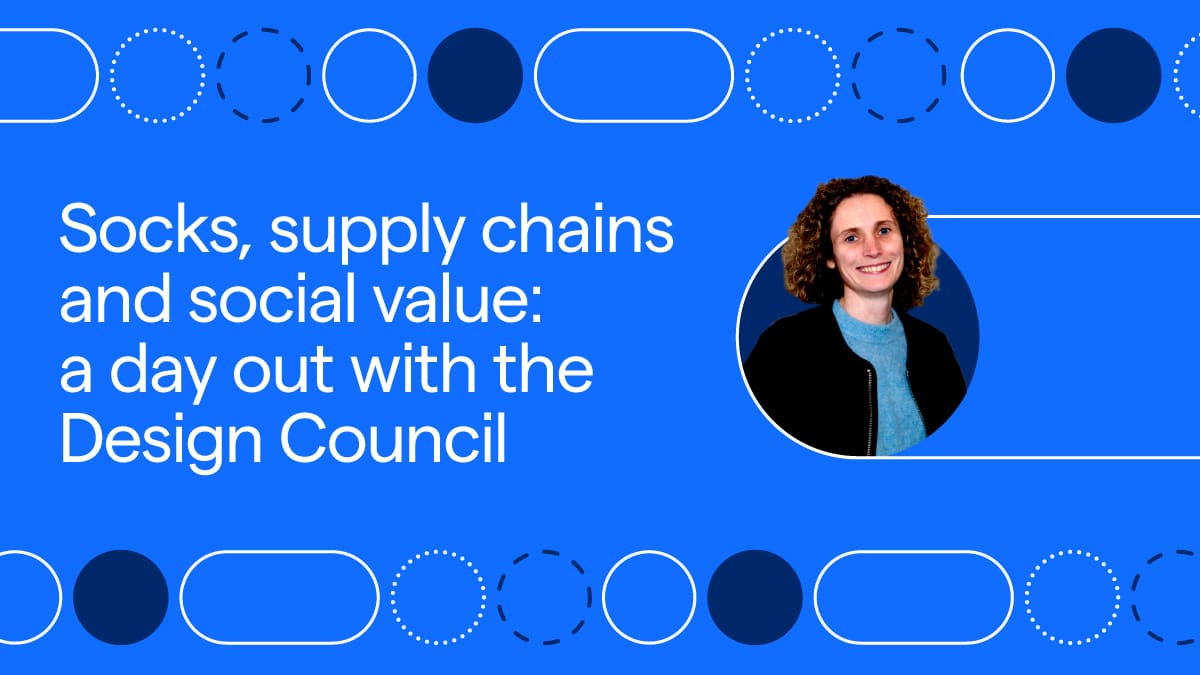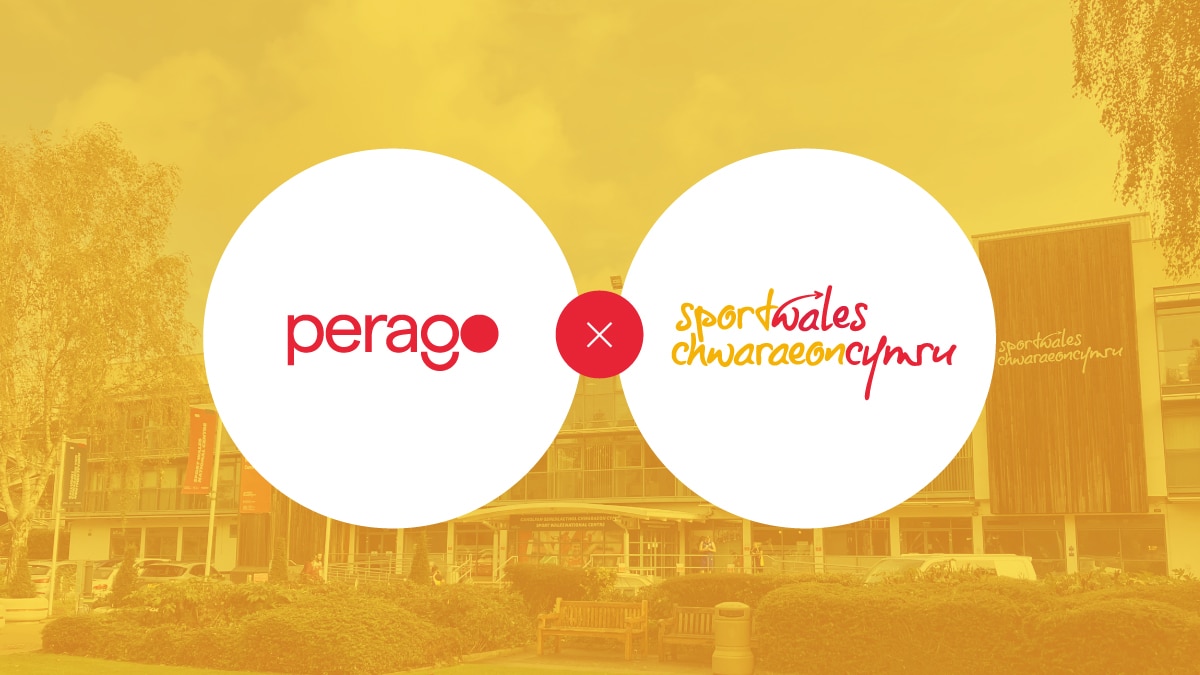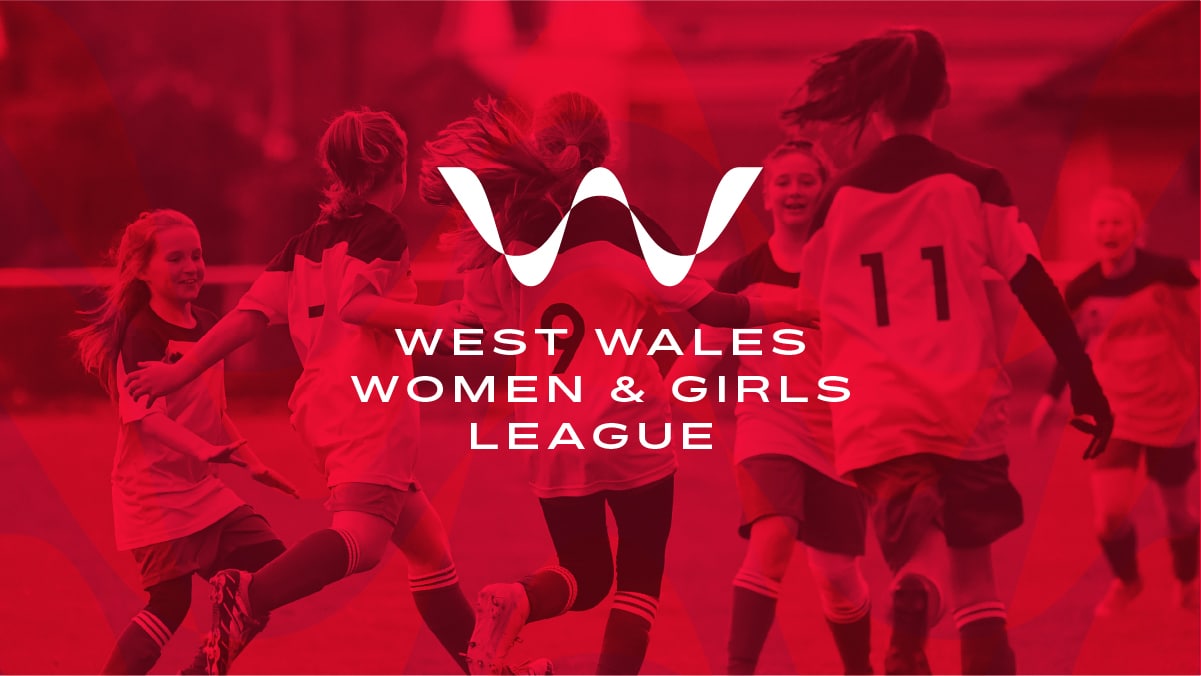Where are all the women in Health and tech in Wales?
5 min read Written by: Victoria Ford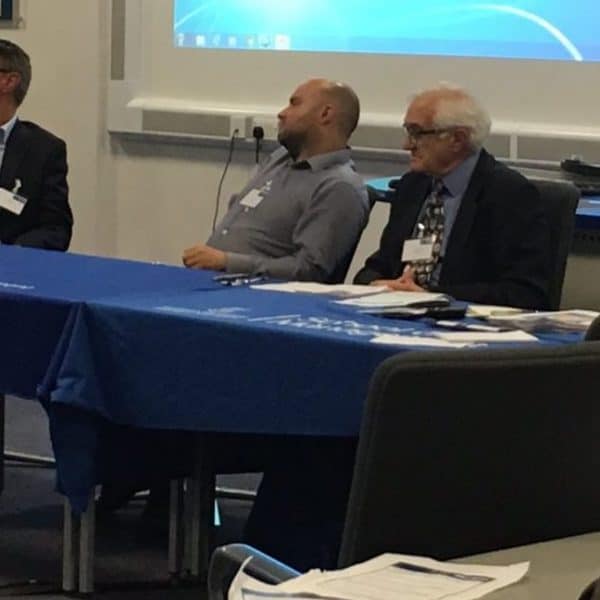
I’ve spent the last few years in organisations that are transforming through digital and technology, but it wasn’t until I became involved in a cross government technology programme as part of the Government Digital Service (GDS) that I became aware of the issue of diversity in tech and, more specifically, women in tech.
If I’m honest, I’d not thought about it much before. Throughout my career I’ve often found myself the only woman in a room full of men, but wouldn’t actually notice until someone pointed it out to me. It wasn’t an issue of whether it was right or wrong, I just wouldn’t notice.
GDS Parity Pledge
On joining GDS I began to learn about the challenges for women in tech and in 2016 GDS made a stand. They introduced a parity pledge that said they would only field speakers for conferences and panels if there was gender diversity at the event. At a bare minimum the organisers would have to demonstrate how they were taking steps to address the issue. Speaking requests were turned down on that basis. Organisers started to take notice.
Talking ‘tech’
Whilst I am not a ‘technologist’ I was working in a technology environment and relished the opportunity to speak at events. I got to meet new, engaging people, learn new stuff and talk about the things that are important to me; communications, change, culture and the opportunities digital and technology bring to people and organisations.
It therefore came as somewhat of a surprise when I attended the Digital Futures in Health and Wellbeing event by Swansea University and the Morgan Academy last week, to find a male dominated speaker list and panel. And I mean really male dominated. Now I should have been forewarned as I’d read this tweet from Anne Marie Cunningham

Diversity in digital health? Why is this important?
Transformation through digital and using the power of technology to change the way public services are delivered is predicated on understanding what your user needs. It is then about changing the way your organisation works to deliver against those needs. Having a diverse workforce will help us deliver services that work for the people of Wales. For a start we need to be representing the people of Wales. A diverse workforce also brings different perspectives, different thinking and the challenge that is so important when really changing the culture, shape and services of an organisation. An individual needs to be able to look around and know that it’s okay to be themselves and that what they bring to the organisation is valued by colleagues, peers and bosses alike.
What can we do?
Firstly I asked the question of the panel – ‘is there a diversity issue in the NHS in Wales and Welsh public services more generally? And, if so, what challenges does this bring for transforming through digital for Welsh public services?’. They acknowledged the issue and pledged to do better. Charlotte Jee of @techworldnews put together a list of women in tech to help event organisers out. I am sure some of these must be based in Wales, but maybe we need a list of Welsh women in tech. Who wants to put their name down?
